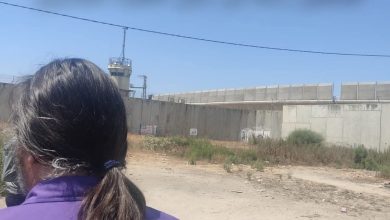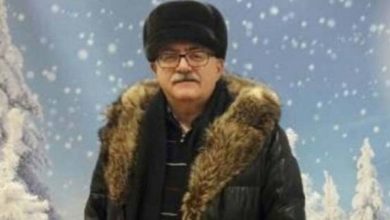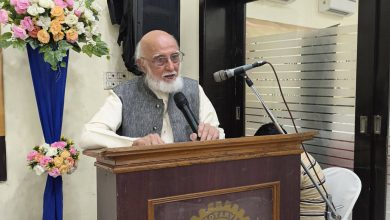he Valery Bryusov Eurasian School of Poetry Has Been Launched
A major international cultural project for 2023–2025 under the leadership of Mikhail Isaakovich Sinelnikov
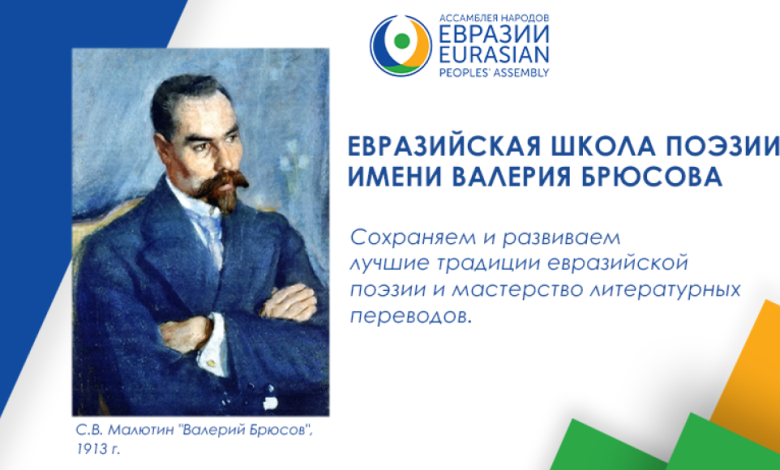
The Valery Bryusov Eurasian School of Poetry has been launched as a major international cultural project for 2023–2025 under the leadership of Mikhail Isaakovich Sinelnikov—renowned poet, translator, literary critic, and academician of both the Russian Academy of Natural Sciences and the Petrovsky Academy of Sciences and Arts. Implemented with the support and participation of the Business Communications Council of the Eurasian Peoples’ Assembly, the project brings together young writers from across Eurasia through a two-year program hosted at the Eurasian Peoples’ Assembly and held throughout Eurasian countries. Its mission is to preserve and further develop the finest traditions of Eurasian poetry by nurturing a new generation of literary talent.
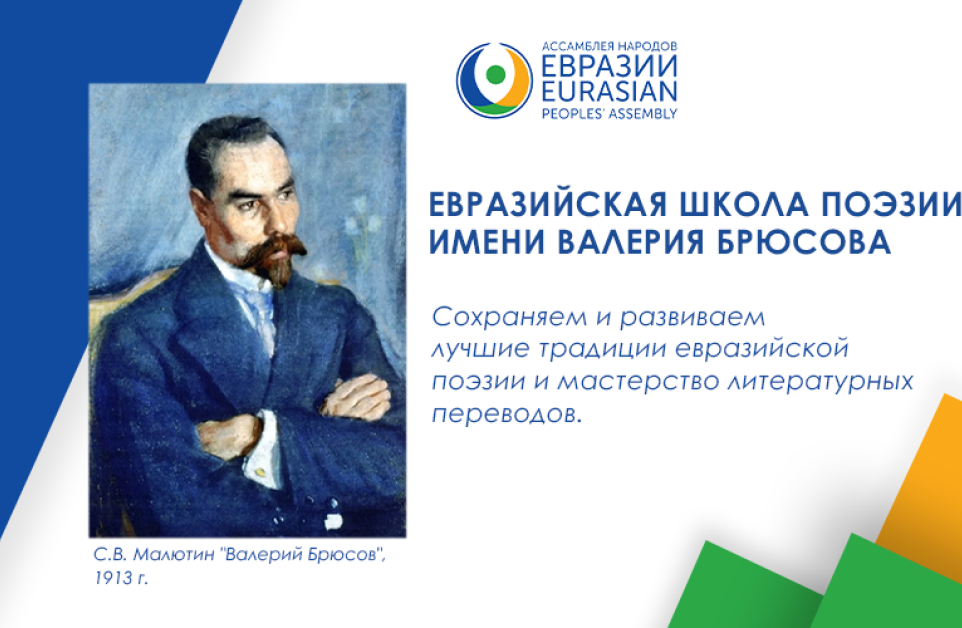 The School aims to strengthen the professional skills of young writers, revive the craft of literary translation, deepen intercultural ties across the region, reinforce the role of the Russian language as a tool of cultural communication, and ensure continuity with the literary legacy of Valery Bryusov and other classical Eurasian writers. This initiative responds to a growing cultural gap created by a break with Soviet-era literary traditions, a decline in respect for classical craftsmanship, the weakening of poetry’s influence, and the erosion of the once-brilliant Russian translation school.
The School aims to strengthen the professional skills of young writers, revive the craft of literary translation, deepen intercultural ties across the region, reinforce the role of the Russian language as a tool of cultural communication, and ensure continuity with the literary legacy of Valery Bryusov and other classical Eurasian writers. This initiative responds to a growing cultural gap created by a break with Soviet-era literary traditions, a decline in respect for classical craftsmanship, the weakening of poetry’s influence, and the erosion of the once-brilliant Russian translation school.
Through lectures on world and classical poetry, explorations of national and confessional motifs in Russian literature, and a comprehensive course on the history and challenges of poetic translation, the School provides both in-person and online access to students and volunteers. Under the expert guidance of Mikhail Sinelnikov—recipient of numerous international literary awards and a leading figure in intercultural dialogue—the project will unfold in two stages: a pilot program in Moscow from September to December 2023, followed by an expanded main phase from January 2024 to September 2025, including master classes across Eurasian countries. Expected outcomes include renewed youth interest in literary heritage, strengthened cooperation among Eurasian writers, active student participation in School events, support for the Anthology of Eurasian Poetry project, and the publication of a final collection featuring the best poems and translations produced by graduates of the School.

